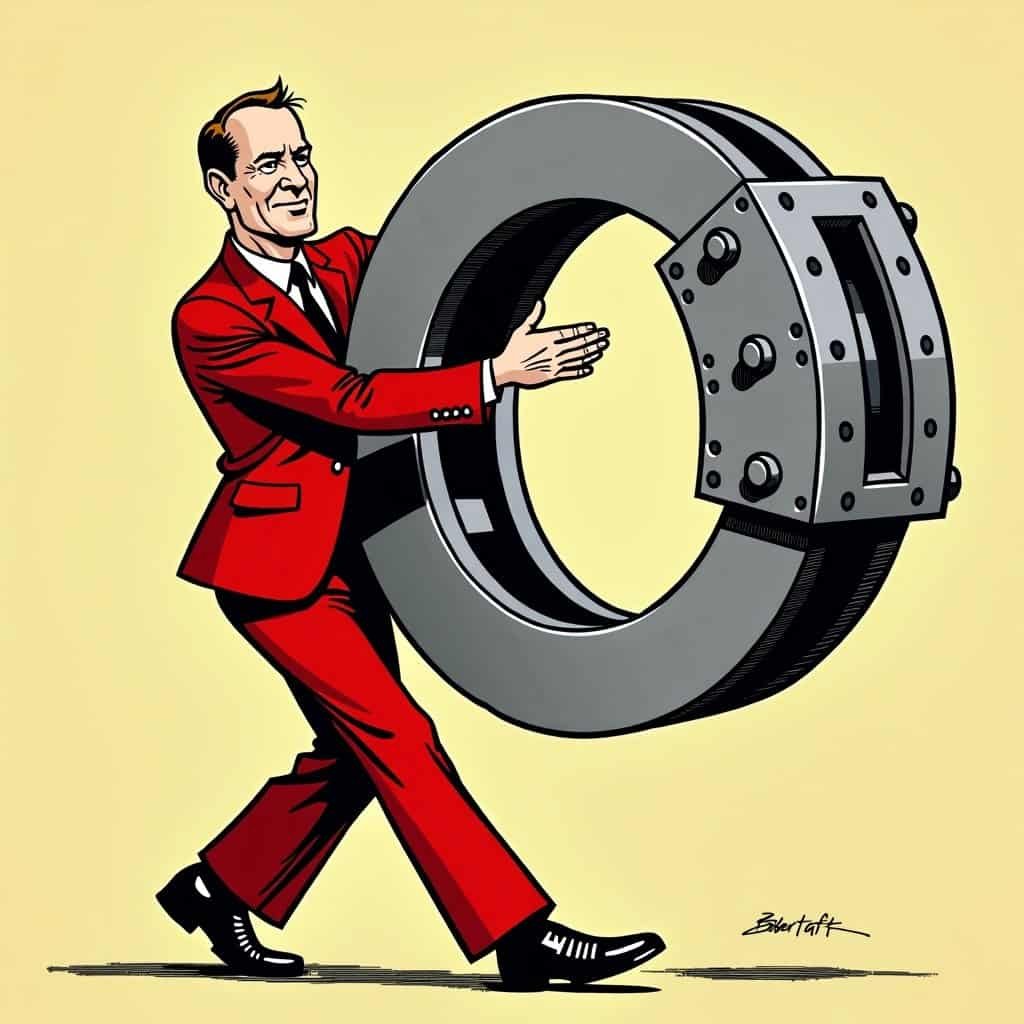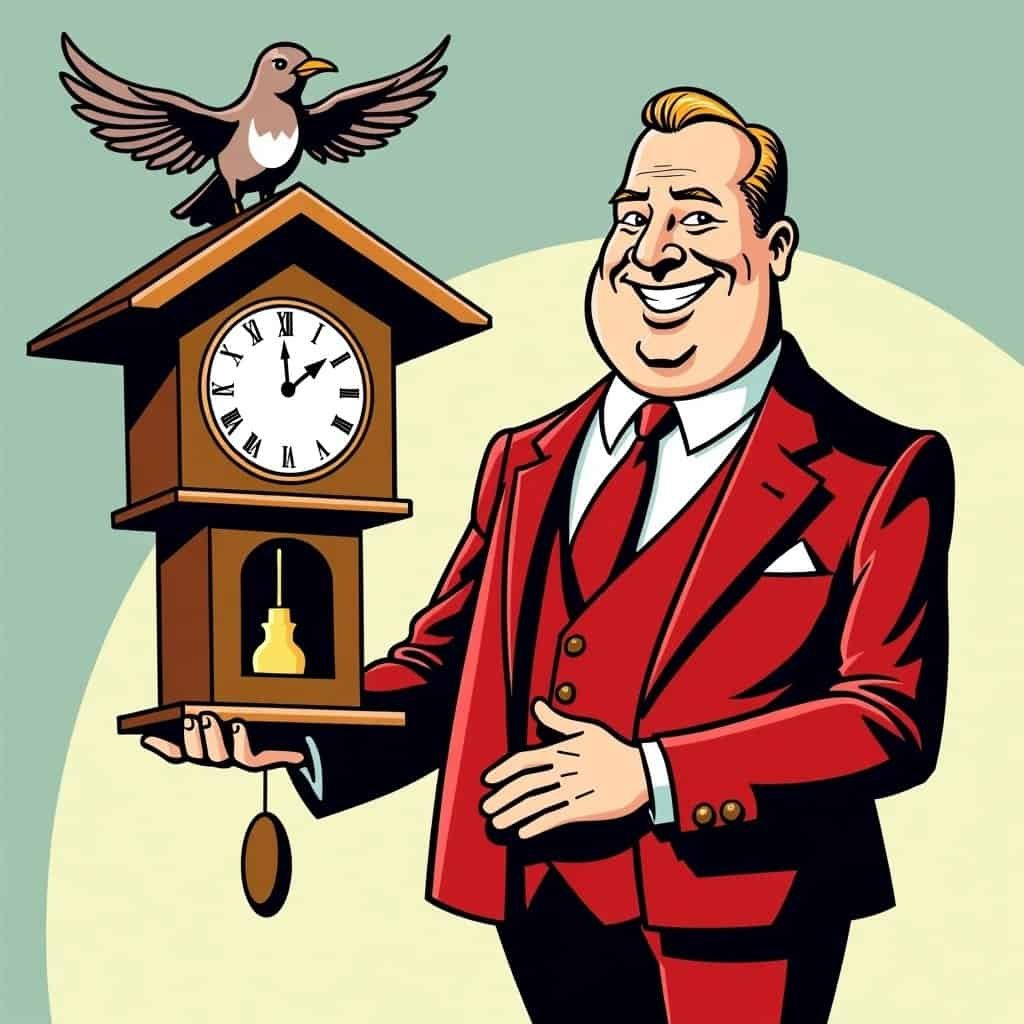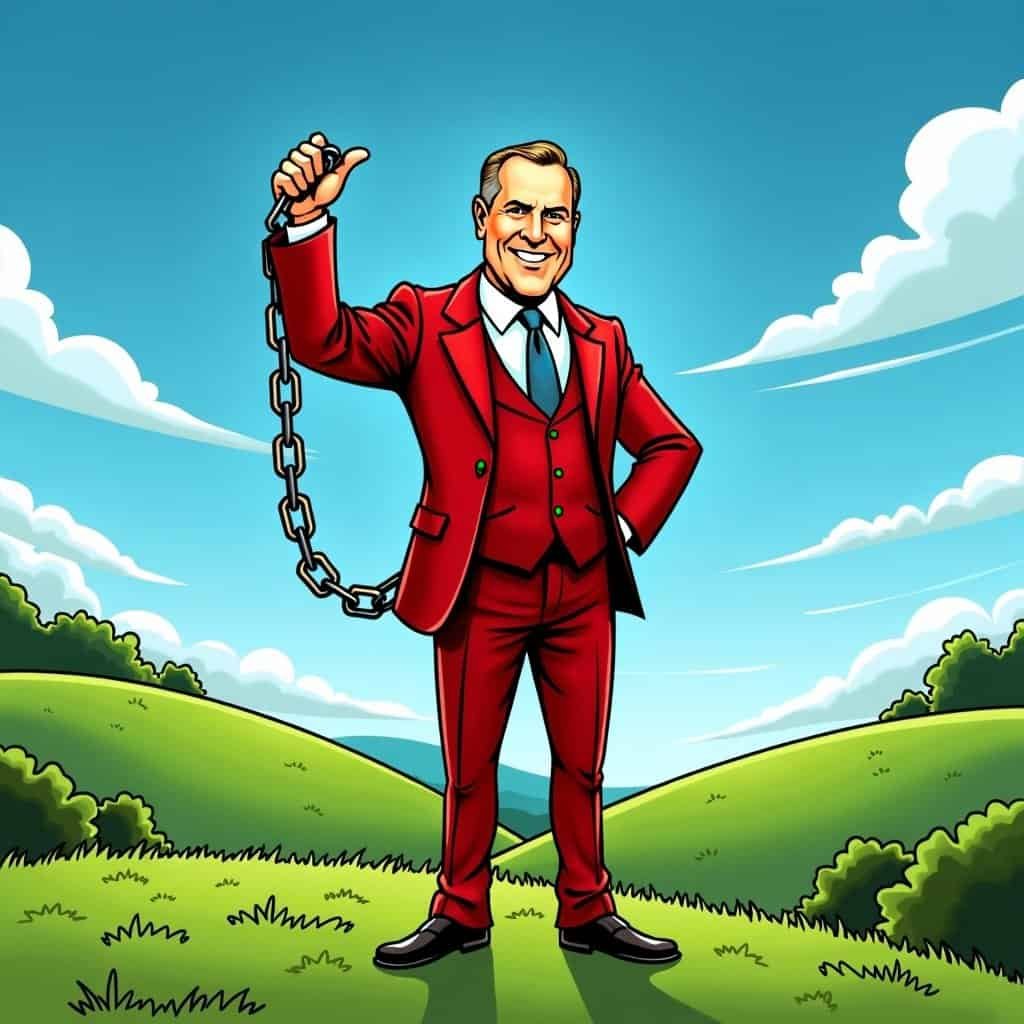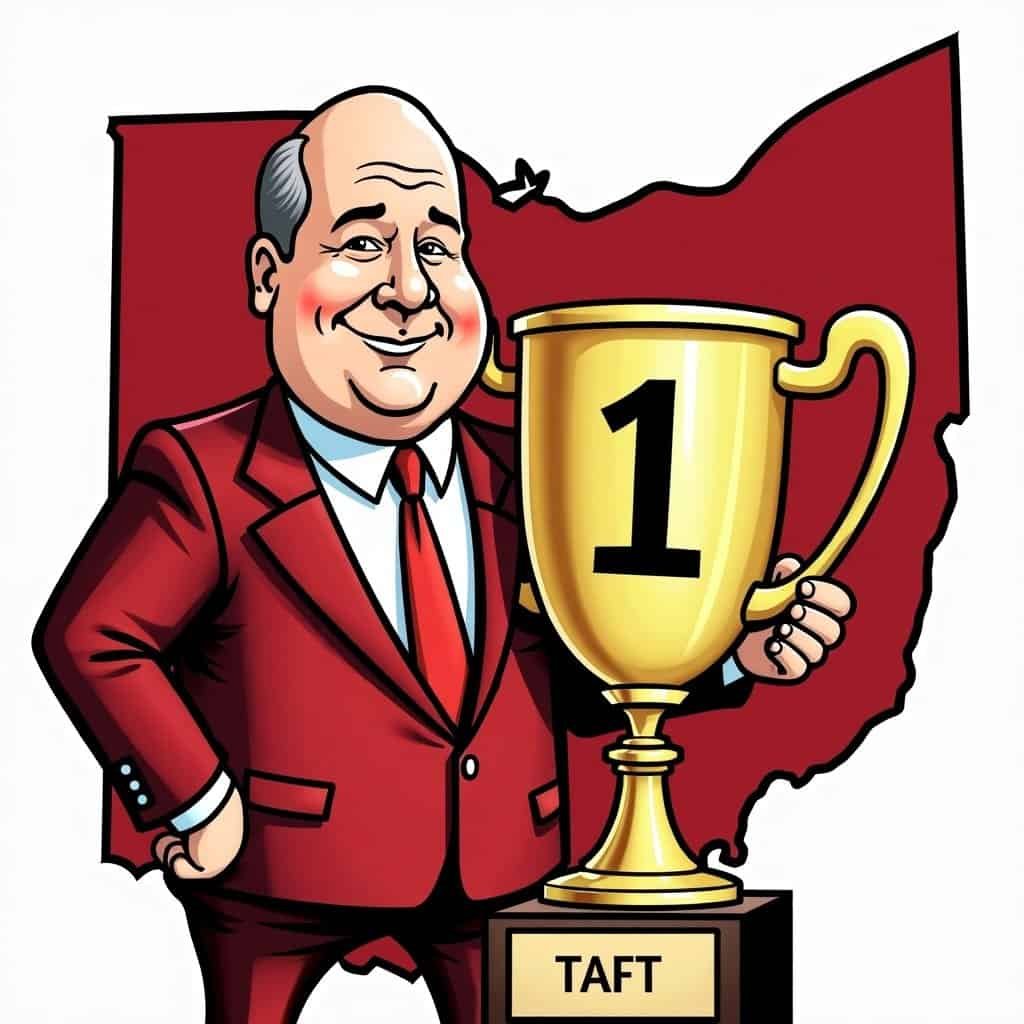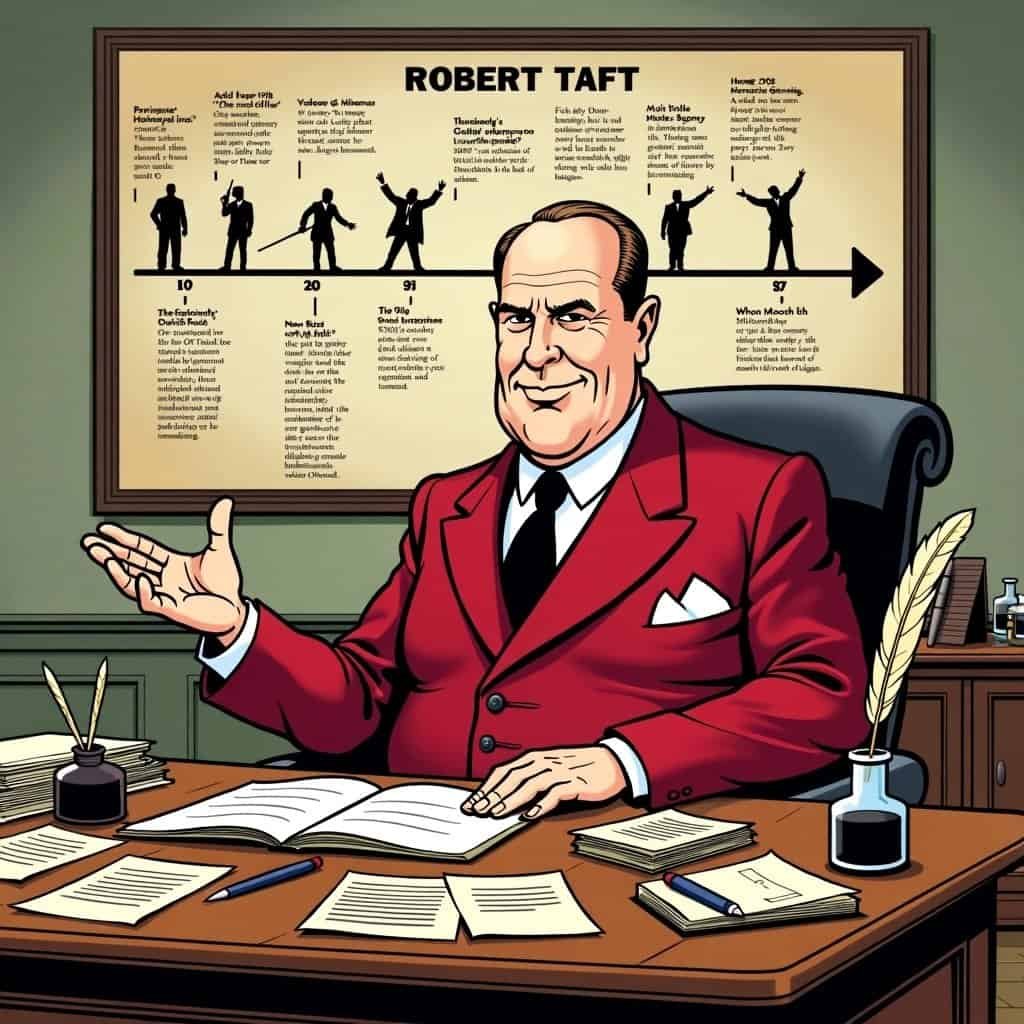Ah, Robert Taft! The man, the myth, the legendary Republican with a knack for poking holes in Keynesian economics, and sending liberals into a tizzy faster than you could say “supply and demand.” Known for his rock-solid conservative values, Taft often delivered his economic wisdom with a serving of ironic wit.
If you’ve ever pondered what Keynesian economics looks like through Republican-tinted glasses, imagine this: a tug-of-war on the national exchequer, played out between those who want to save the hardworking taxpayer’s dollar and those who think printing more money is the ticket to financial nirvana. Spoiler alert – it’s not.
Robert Taft famously critiqued Keynesian economics with the flair of a stand-up comedian who knows exactly where to hit to get the crowd roaring. He understood that while the idea of government intervention to prop up a struggling economy might seem appealing, it unfortunately comes packaged with more red tape than a bureaucratic gridlock.
Taft’s Conservative Values
Drawing from true conservative values, Taft argued that economic growth should sprout from the seeds of free-market decisions, not from the heavy hand of state control. The man had a point. Too often, Keynesian policies end up being about as effective as a screen door on a submarine when it comes to achieving long-term prosperity.
“I have often thought that in the race between government intervention and the free market, it was not the hare that slept – but the tortoise who cleverly made its own path without being disturbed by every political whim.”
To those who chuckled, they probably got it – or at least pretended to, to keep the good spirits going.
Taft’s Critique of Keynesian Economics
| Keynesian Economics | Taft’s Conservative View |
|---|---|
| Government intervention | Free market solutions |
| Increased public spending | Fiscal restraint |
| Short-term economic boosts | Long-term economic stability |
| Centralized decision-making | Individual liberty and choice |
Conservatives like Taft believed that too much government meddling tended to yield inflation, deficits, and a dependency on government – three unsightly blemishes on any healthy economy’s face. It’s like trying to cure a headache by slamming your head against the wall – eventually, you get more problems to worry about.
True to his Republican roots, Taft championed the free market’s ability to find balance, all in its good time. Like Newton’s apple falling from the tree, or maybe more like a DIY project that just needed some time to air out.
Taft’s Lasting Legacy
Setting the humor aside, what made Taft’s criticism strike a chord with many Americans was his strong commitment to individual freedoms and his watchful eye on government excess. For Taft, fiscal conservatism wasn’t just about being careful with the dollars and cents – it was about empowering the American spirit to thrive without restraints, a bit like a Western film hero riding into the sunset, free from the grip of growing bureaucracy.
In today’s terms, we might call this the ultimate “power to the people” campaign, where prosperity flows not from the pen of government mandates but from the ambitions and entrepreneurship of individuals carving out their own paths to success.
Robert Taft leaves behind a legacy of witty critiques and wise insights into economic policies that still have Republicans offering the classic Taft punchline whenever Keynesian policies are mentioned. So, when you find yourself caught in a political debate about government intervention and economic independence, just channel your inner Taft – smart, humorous, and carrying a barrel full of conservative common sense!

